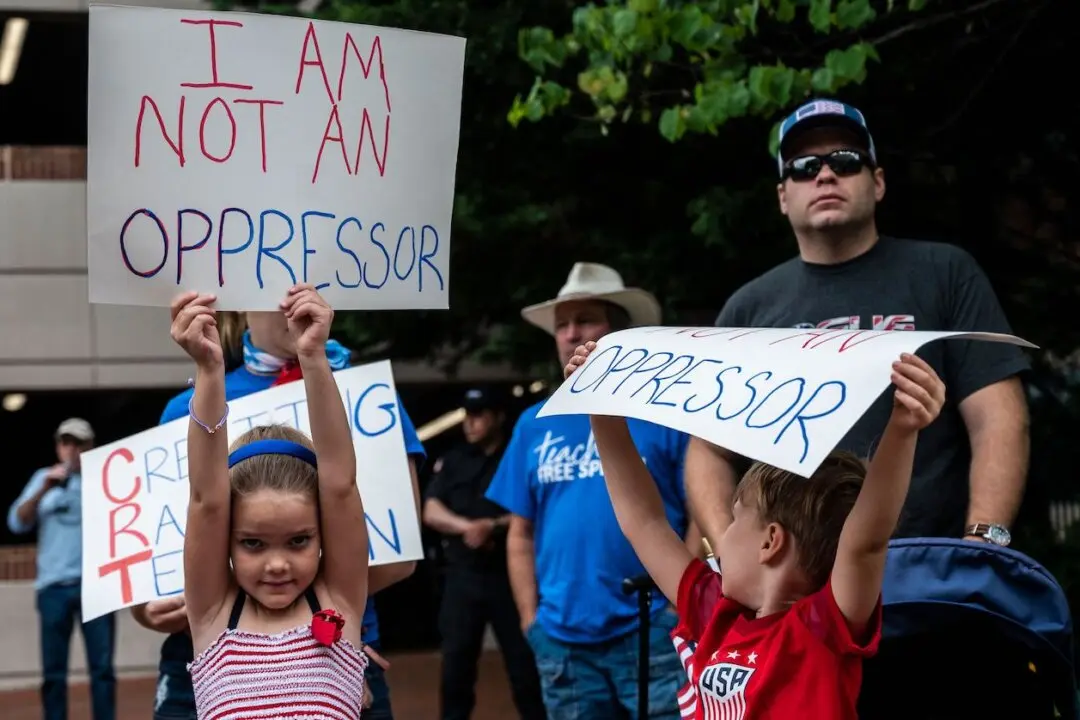Florida Gov. Ron DeSantis has demanded that state educational authorities report how much they spend on critical race theory (CRT) and diversity, equity, and inclusion (DEI) in the state’s higher education system.
In a Dec. 28 memo, the governor’s office gave state Education Commissioner Manny Diaz and Ray Rodrigues, chancellor of the state university system, until Jan. 13 to produce the information.






